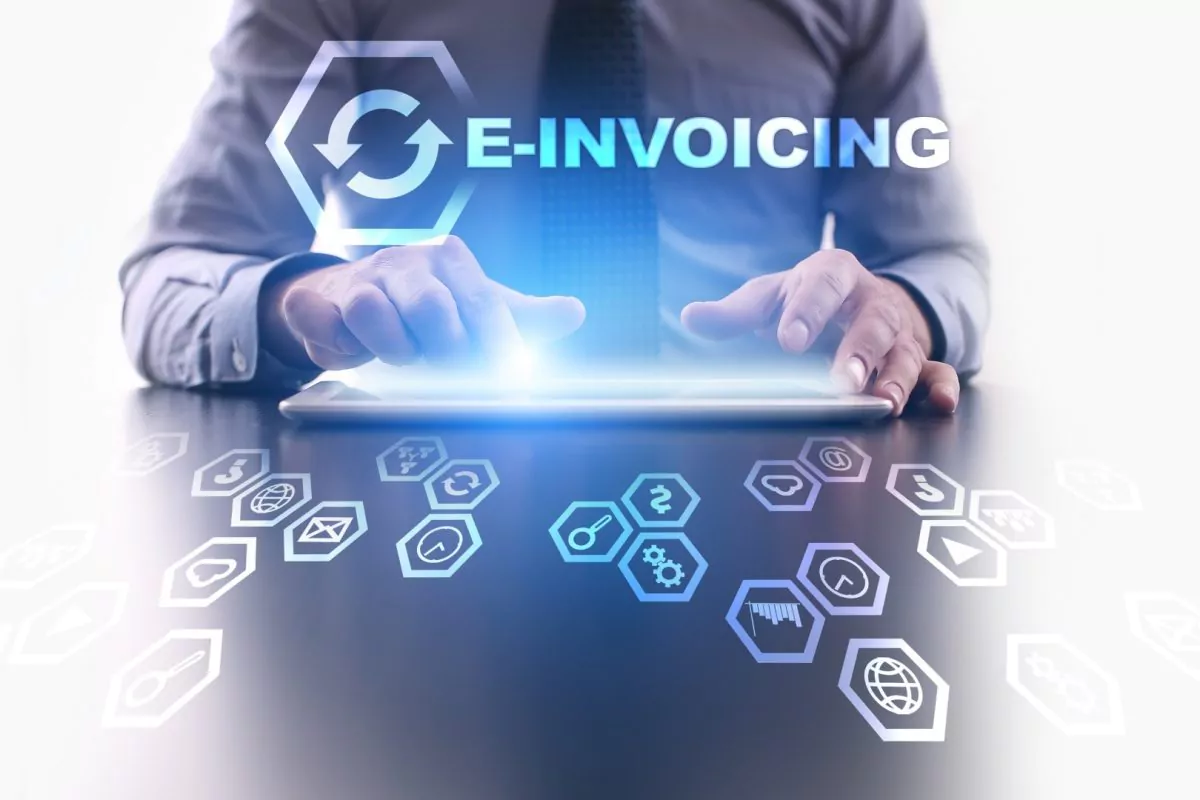Companies will be able to opt for the use of the national electronic invoice system, called “RO e-Factura”, which will become operational in November, both in the case of deliveries/supplies to public entities and in the relationship with other economic operators, say consultants PwC Romania, quoted by Agerpres.
Urmărește mai jos producțiile video ale Economedia:
- articolul continuă mai jos -
“The electronic invoice regulated by the OUG no. 120/2021 is issued, transmitted and received in a structured electronic XML format, which allows its electronic and automatic processing. The XML format and the transmission through the platform provided by the Ministry of Finance are new elements compared to the electronic invoice defined by the Fiscal Code (“an invoice containing the required information (…) and which has been issued and received in electronic format”). Moreover, the electronic invoices issued through RO e-Invoice will have attached the electronic signature applied by the Ministry of Public Finance, certifying that no further interventions on their content are allowed,” say Izabela Stoicescu, senior manager, PwC Romania, and Corina Mortici, senior associate.
According to the source cited, in the field of public procurement, companies that opt to use the RO e-Invoice system will be obliged to issue only electronic invoices and to use this system in relation to all contracting authorities. The processing of the e-invoice will be carried out by the beneficiaries – public authorities using either computer applications (for processing in electronic format only) or converting the information in the e-invoice into a readable and printable format. According to GEO 120/2021, the processing of electronic invoices by contracting authorities includes the execution of budget execution phases, PwC consultants point out.
In B2B commercial relations (with other economic operators), in order to use the e-Invoice system, both the issuer and the recipient of the e-Invoice must be registered in the e-Invoice Register. Invoices issued by economic operators registered in the e-Invoice Register to recipients who do not use this system will follow the usual rules set out in the Fiscal Code.
“Registration in the e-Invoice Register is carried out by submitting a form (084) and the same form is submitted for de-registration, but only until the date on which the registration becomes effective (1st of the month following the submission of the initial 084 form). The details of the operation of the e-Invoice Register are set out in the Order of the President of the National Tax Administration Agency No 1713/2021. The register will be available on the official ANAF website. It remains to be seen how attractive this system will be for each of the two categories for which it will be introduced in November (B2G – Business to Government and B2B). In the future, the aim is to extend the use of the national RO e-Invoice system for transactions between all economic operators,” the PwC press release added.































